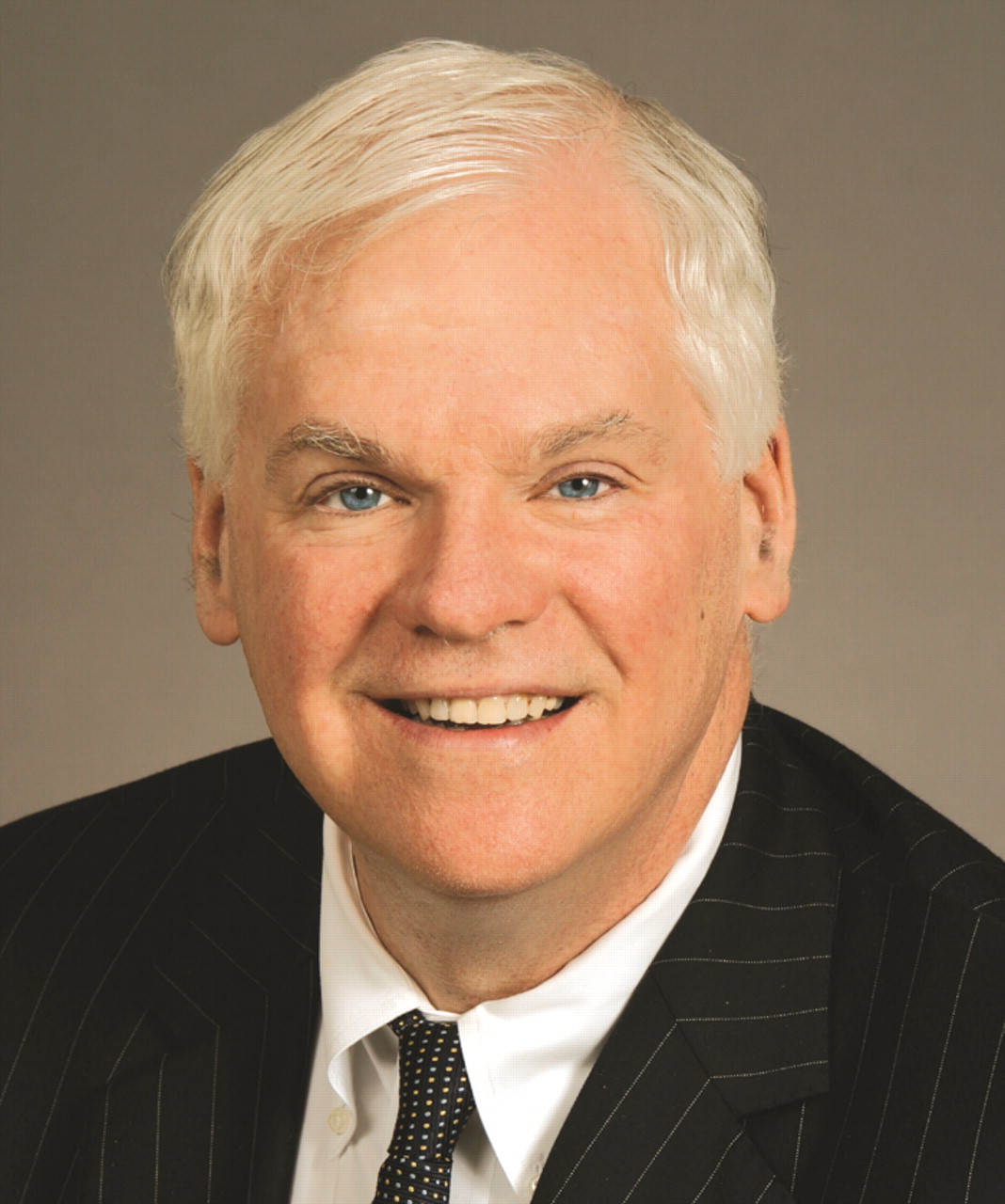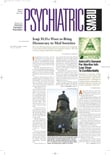Continuing medical education (CME) has been moving into a new environment since the American Board of Medical Specialty Societies (ABMS) mandated maintenance of certification requirements for all of its member boards. The first time-limited ABPN certificates expire in 2004.
Anticipating psychiatrists’ need for a systematic way to prepare for recertification, APA (in collaboration with American Psychiatric Publishing Inc.) launched the Focus program in 2003. Focus: The Journal of Lifelong Learning in Psychiatry, the Focus Self-Assessment Exam, and “Focus Live!” at APA’s annual meeting constitute the components of an evolving series of educational initiatives to meet the changing needs of psychiatrists.
The journal and self-assessment exam are designed to help practicing psychiatrists keep abreast of significant advances in the field while developing self-directed lifelong learning skills. “Focus Live!,” based on the self-assessment exam, is a new annual meeting format that provides interactive learning. Information on the Focus journal can be found at www.appi.org/subscription.cfx.
Looking forward, staff of APA’s Department of CME are in the early stages of developing an assessment tool that will assist psychiatrists in meeting the maintenance of certification requirement for evaluation of practice performance. Their goal is to develop a variety of innovative and flexible CME programs to assist members in the new maintenance of certification environment.
The Department of CME often draws on APA member input for development of new programs. Last spring, for instance, the APA Assembly presented an action paper that called for provision of “free CME” for members. This action encouraged the department to push forward with a process already being explored—offering online CME for members at no cost. Reprogramming of the CME Web site is now complete, allowing members to access all of the APA practice guideline courses (nine online courses are available, with another two expected by press time). Upon completion of each course, the system produces an online CME certificate.
Another program available free to members is Grand Rounds Online, a series of CME activities presented in a case-based discussion format. Accessible only on the member list serve, these popular programs offer an opportunity to stay current on clinical issues in psychiatry, as well as professionalism and research methodology. Seven of the programs reside as archives on the list serve, and five more will be presented live in 2004. Topics to date include patient safety, disaster psychiatry, cultural assessment in clinical psychiatry, boundary issues in psychiatry, the perils of peripartum, the role of work and disability in treatment, and methods for critically evaluating the literature. Grand Rounds Online can be accessed through the Members Corner at www.psych.org.
As an accredited provider of CME, APA is able to offer category 1 credit toward the AMA Physicians Recognition Award to interested district branches (DBs) through joint sponsorship of their programs. Eleven DBs participate in the Department of CME Joint Sponsorship Program, through membership on the Subcommittee for Joint Sponsorship of CME Activities. Membership requirements include attendance by a designated DB member each year at the subcommittee’s May meeting, submission of a CME proposal for each activity to be jointly sponsored with APA, and a follow-up report from the DB program director that affirms compliance with all of the APA/ACCME guidelines.
Implementation of the APA Board-mandated CME requirements for members also falls under the purview of the Department of CME. APA members approved a constitutional amendment in 1974 that mandated participation in CME activities as a condition of membership. In 1981 the Board of Trustees endorsed the current categorical standards and in 1983 modified the reporting process. APA requires participation in a total of 150 hours of CME activities within a three-year reporting period. At least 60 hours must be in category 1 activities; the remaining 90 hours may be in either category 1 or category 2.
All of the Association’s CME activities—spring and fall annual meetings, online programs, journal-based CME—are evaluated by Department of CME staff. Every program incorporates an evaluation instrument (print and/or electronic). Data are collected and analyzed, and a report is returned to program planners on the quality of the program, its success in meeting the stated objectives, and its value to enhancing clinical practice. The annual meeting reports, presented to the Scientific Program Committee following each meeting, provide comprehensive analyses of the CME activities, with myriad detail on various formats and respondent comments.
The Department of CME resides within the Division of Education, which covers the full gamut of undergraduate through postgraduate education. As director of the Department of CME, Kathleen Debenham, M.A., oversees a staff of four: the program manager for Focus and online programs, the program manager for commercial support and sponsored programs, the CME program coordinator (who manages CME member compliance, jointly sponsored activities, and the annual meetings evaluation process), and the CME program assistant (who maintains the databases and other program records for all CME activities).
To ensure the association’s ability to continue providing CME activities for members, the department holds prime responsibility for maintenance of APA’s accreditation with ACCME. Personnel and operating expenses for the CME staff are covered with an annual budget of approximately $355,000. ▪

